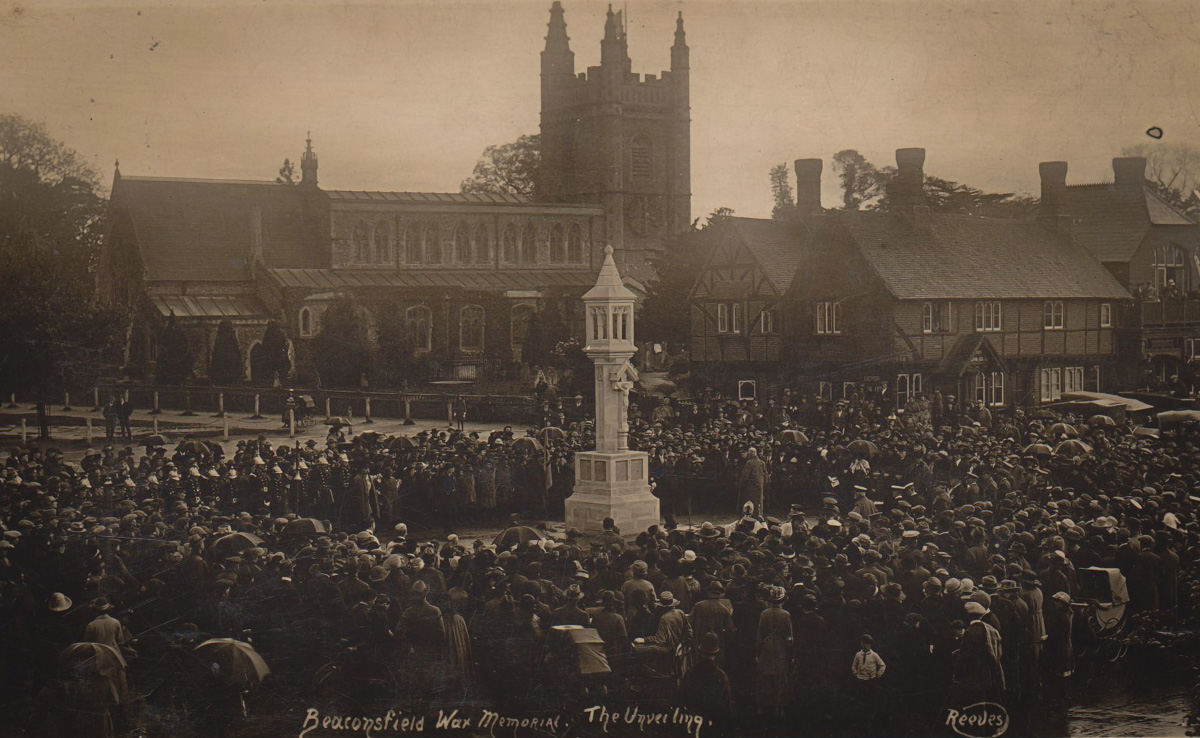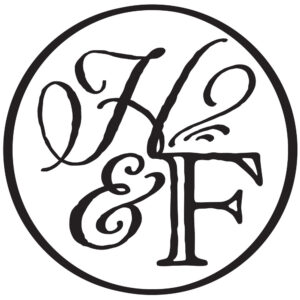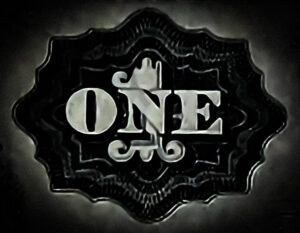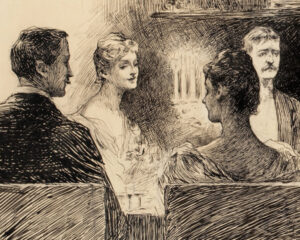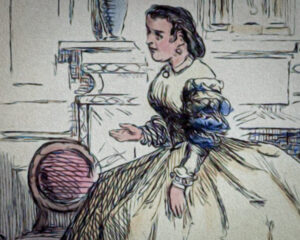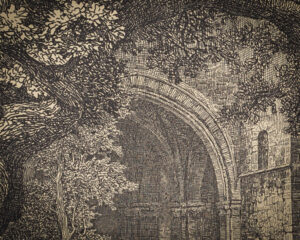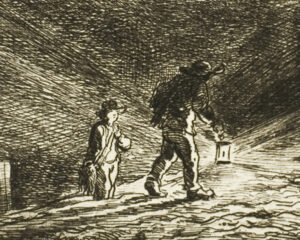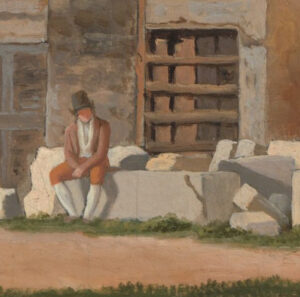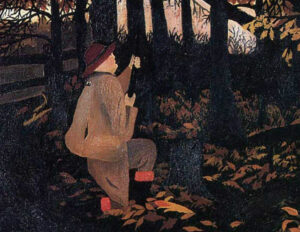—Ink and Echoes—
On the Limits of War
fromThe Autobiography of G.K. Chesterton

G.K. Chesterton
—1936—
I have always suffered from the disadvantage, among my solid and sturdy British countrymen, of not altering my opinions quickly enough. I have generally attempted, in a modest way, to have reasons for my opinions; and I have never been able to see why the opinions should change until the reasons change. If I were really a sturdy and stolid Briton, it would, of course, be enough for me that the fashions change. For that sort of sturdy Briton does not want to be consistent with himself; he only wants to be consistent with everybody else. But having what I am pleased to suppose a sort of political philosophy, I have in many matters retained my political opinions. I thought in the first days of the Home Rule quarrel that Ireland ought to be governed by Irish ideas. And I still think so, even when my fellow Liberals have made the shocking discovery that Irish ideas are ordinary Christian ideas. I thought that England’s action in the South African War was wrong; and I still think it was wrong. I thought that England’s action in the Great War was right; and I still think it was right . . . . Obstinacy of this sort, founded on a cold insensibility to the fluctuations of the market and to all the weight which attaches to the opinions of the two or three men who own all the newspapers, has on the face of it all sorts of disadvantages in dividing an individual from his contemporaries. But it has some advantages; and one advantage is that the man can look, without division of heart or disturbance of mind, at the War Memorial of Beaconsfield.
For the whole point at issue is really there. The Memorial was set up, like the Monument after the Great Fire, to commemorate the fact that something had been saved out of the Great War. What was saved was Beaconsfield; just as what was saved was Britain; not an ideal Beaconsfield, not a perfect or perfectly progressing Beaconsfield, not a New Beaconsfield with gates of gold and pearl descending out of heaven from God; but Beaconsfield. A certain social balance, a certain mode of life, a certain tradition of morals and manners, some parts of which I regret, some parts of which I value, was in fact menaced by the fate of falling into a complete and perhaps permanent inferiority and impotence, as compared with another tradition and mode of life. It is all nonsense to say that in such a struggle defeat would not have been destruction, merely because it probably would not have been what is legally called annexation. States so defeated become vassal-states, retaining a merely formal independence, and in every vital matter steered by the diplomacy and penetrated by the culture of the conqueror. The men whose names are written on the Beaconsfield War Memorial died to prevent Beaconsfield being so immediately overshadowed by Berlin that all its reforms would be modelled on Berlin, all its products used for the international purposes of Berlin, even if the King of Prussia were not called in so many words the Suzerain of the King of England. They died to prevent it and they did prevent it. Let those who enjoy the thought insist that they died in vain.
Conflict came to a head in Europe because the Prussian was insufferable. What would he have been like if he, who was already insufferable, had been shown to be insuperable? What would the Kaiser, with his Mailed Fist and his boasts of being Attila and the leader of the Huns, even in time of peace, have been like if he had issued completely victorious out of a universal war? Yet that is the common-sense question to be asked, if we are asking whether it was worth while for men to fight and go on fighting. It is not the point to put wild and visionary questions about whether the world has been vastly improved by the War; whether Utopia or the New Jerusalem have come out of the War; to ask in that apocalyptic fashion what has come out of the War. We have come out of the War, and come out alive; England and Europe have come out of the War, with all their sins on their heads, confused, corrupted, degraded; but not dead. The only defensible war is a war of defence. And a war of defence, by its very definition and nature, is one from which a man comes back battered and bleeding and only boasting that he is not dead.
Those who now think too little of the Allied Cause are those who once thought too much of it. Those who are disappointed with the great defence of civilisation are those who expected too much of it. A rather unstable genius like Mr. H. G. Wells is typical of the whole contradiction. He began by calling the Allied effort, The War That Will End War. He has ended by saying, through his rather equivocal mask of Mr. Clissold, that it was no better than a forest fire and that it settled nothing. It is hard to say which of the two statements is the more absurd. It settled exactly what it set out to settle. But that was something rather more rational and modest than what Mr. Wells had settled that it was to settle. To tell a soldier defending his country that it is The War That Will End War is exactly like telling a workman, naturally rather reluctant to do his day’s work, that it is The Work That Will End Work. We never promised to put a final end to all war or all work or all worry. We only said that we were bound to endure something very bad because the alternative was something worse. In short, we said what every man on the defensive has to say. Mr. Brown is attacked by a burglar and manages to save his life and property. It is absurd to turn round on him and say, “After all, what has come out of the battle in the back-garden? It is the same old Septimus Brown, with the same face, the same trousers, the same temper a little uncertain at breakfast, the same taste for telling the anecdote about the bookmaker at Brighton.” It is absurd to complain that Mr. Brown has not been turned into a Greek god merely by being bashed on the head by a burglar. He had a right to defend himself; he had a right to save himself; and what he saved was himself, so far no better and no worse. If he had gone out to purify the world by shooting all possible burglars, it would not have been a defensive war. And it would not have been a defensible one.
